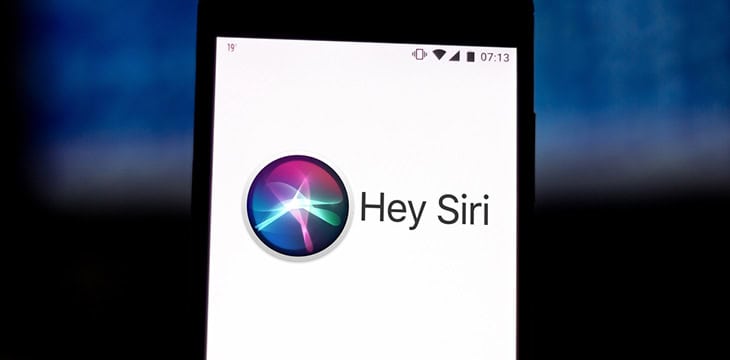|
Getting your Trinity Audio player ready...
|
Apple (NASDAQ: AAPL) has introduced its suite of artificial intelligence (AI) products, rolling out a beta version to registered developers.
The beta version of the AI features appears to be centered around Siri, the voice assistant, with early users confirming an improvement in its functionalities. Siri comes equipped with advanced capabilities, including generating emails and text messages, as well as rewriting and summarization abilities.
As part of Apple Intelligence, the new beta also features the ability to maintain context and natural language search through various folders. The updates are available in the dev betas for iOS 18.1, iPadOS 18.1 and macOS Sequoia 15.1, covering the iPhone, iPad and Mac devices.
Regular users seeking to experience the functionalities will have to register for a waitlist and possess an iPhone 15 or a device with an Apple Silicon chip, but it remains unclear when the upgrades will go public.
Originally scheduled for a launch before the end of the year, a Forbes report claims that the features could be delayed until early next year, citing stability issues concerning Apple Intelligence. For starters, the planned introduction of cloud-based AI features, a departure from its traditional on-device model, has elicited privacy and security concerns among users.
While the company has unveiled a proprietary offering to protect users’ privacy and data, Apple is keen to proceed with caution and could extend the launch date for a commercial release. At the moment, Apple is playing catchup in the ecosystem with Samsung, which has unveiled a slew of AI-based features for its mobile devices.
To compete favorably with industry first-movers, Apple executives say their AI upgrades will remain free for users that meet its hardware and software requirements, a strategy that could put it in the vanguard of things. The California-based company is also banking on the extent of its features to attract a new wave of users alongside its prioritization of consumer safety.
The features announced at its Worldwide Developers Conference (WWDC) in June spanned an integration with OpenAI’s ChatGPT, an AI-based Clean Up feature, and Genmoji Image generation with users angling for their commercial release.
Europe may come in last place
As the Cupertino-based company gears for a mainstream release of its AI features, company executives have suggested that European users may have to wait longer for its products.
The executives pointed to new regulations in the region standing in the way of a rollout, and other Big Tech firms dabbling in emerging technologies pointed to a restriction of services in the EU.
“Due to the regulatory uncertainties brought about by the Digital Markets Act, we do not believe that we will be able to roll out three of these new features – iPhone Mirroring, SharePlay Screen Sharing enhancements, and Apple Intelligence – to our EU users this year,” said Apple.
In order for artificial intelligence (AI) to work right within the law and thrive in the face of growing challenges, it needs to integrate an enterprise blockchain system that ensures data input quality and ownership—allowing it to keep data safe while also guaranteeing the immutability of data. Check out CoinGeek’s coverage on this emerging tech to learn more why Enterprise blockchain will be the backbone of AI.
Watch: AI & blockchain will be extremely important—here’s why

 02-28-2026
02-28-2026 




